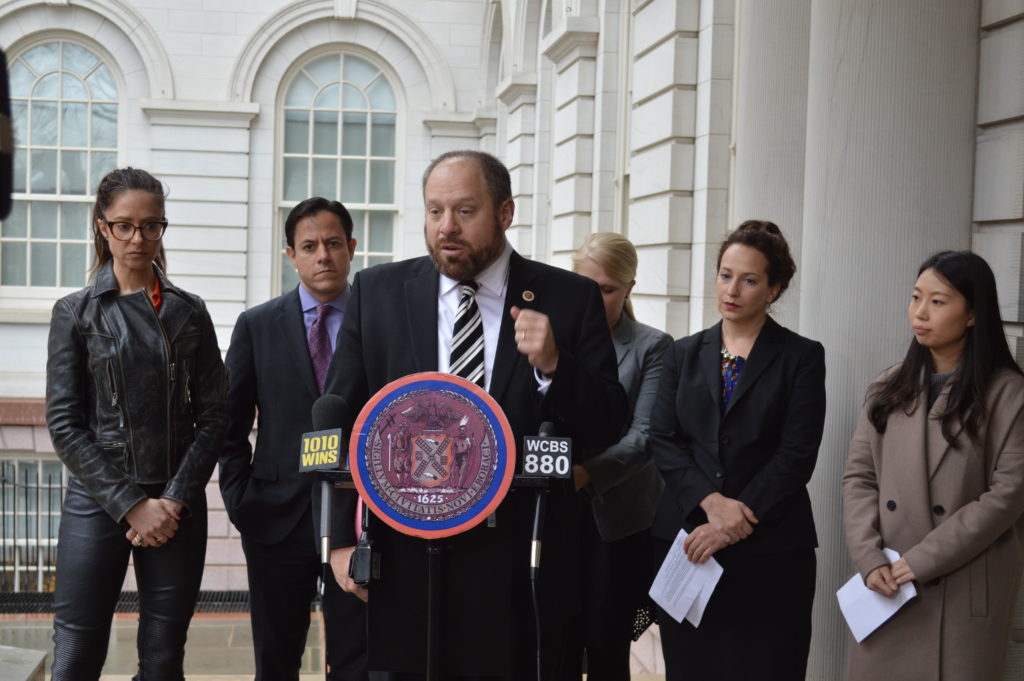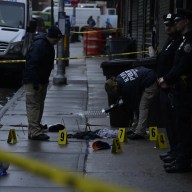One of the creepiest and most violating trends of the computer age must be outlawed throughout the five boroughs, according to Queens City Councilman Rory Lancman.
Along with Manhattan City Councilman Dan Garodnick, the Hillcrest-based Lancman announced on April 6 legislation that would criminalize “revenge porn,” the release of nude or sexually graphic imagery of someone without their consent through the Internet or social media. Lancman called it “a 21st century form of sexual assault” used to humiliate and embarrass individuals.
“Distributing intimate images or videos of another person on the Internet without consent is an appalling breach of privacy that can have devastating consequences for victims,” Lancman said. “It is critically important for the laws in New York City to catch up with our technology to provide protections for New Yorkers from such abuse.”
The proposed legislation is modeled after a state bill sponsored by Bayside-based Assemblyman Ed Braunstein that would make revenge porn a misdemeanor punishable by up to a year behind bars and/or a $1,000 fine.

Lancman’s bill, which was introduced in September 2016, has the support of two other Queens City Councilmen: Daniel Dromm and Donovan Richards.
“Many lives have been lost because of [revenge porn],” Dromm said. “Revenge porn has been used to humiliate and coerce LGBTQ people for as long as recording devices have existed. … Our city’s most marginalized, particularly our youth, will be greatly protected by this legislation.”
“Weak-minded bullies in New York City who resort to these methods to reveal personal and intimate photos and videos violate trust, decency and privacy,” Richards added. “There is no reason that these acts should not violate the law.”
The City Council’s Public Safety Committee was scheduled to consider the legislation at its April 6 hearing. If it clears the committee, the bill must then be passed by the full City Council and signed by the mayor in order to become law.
If enacted, the provisions in the legislation would take effect immediately.



























